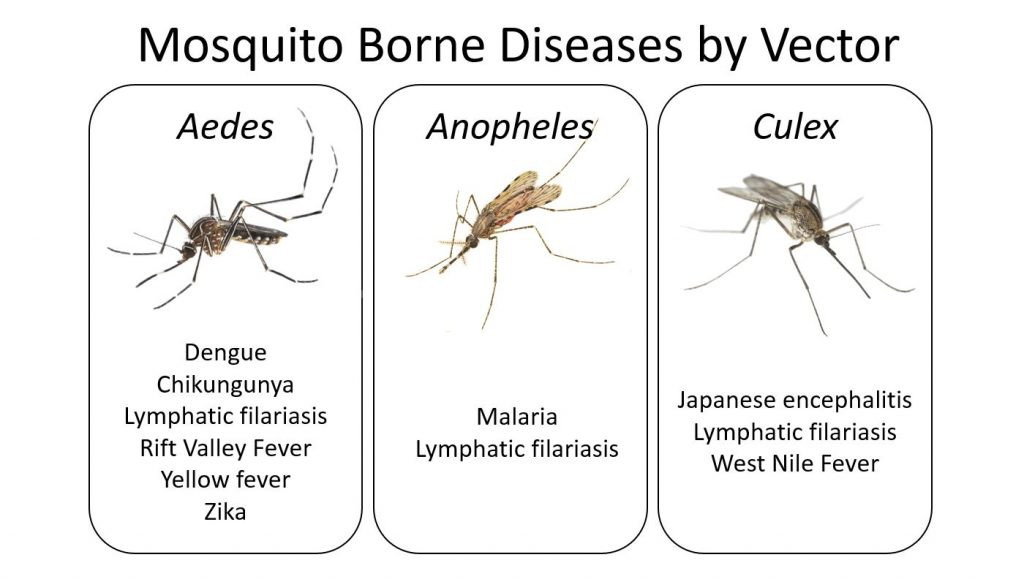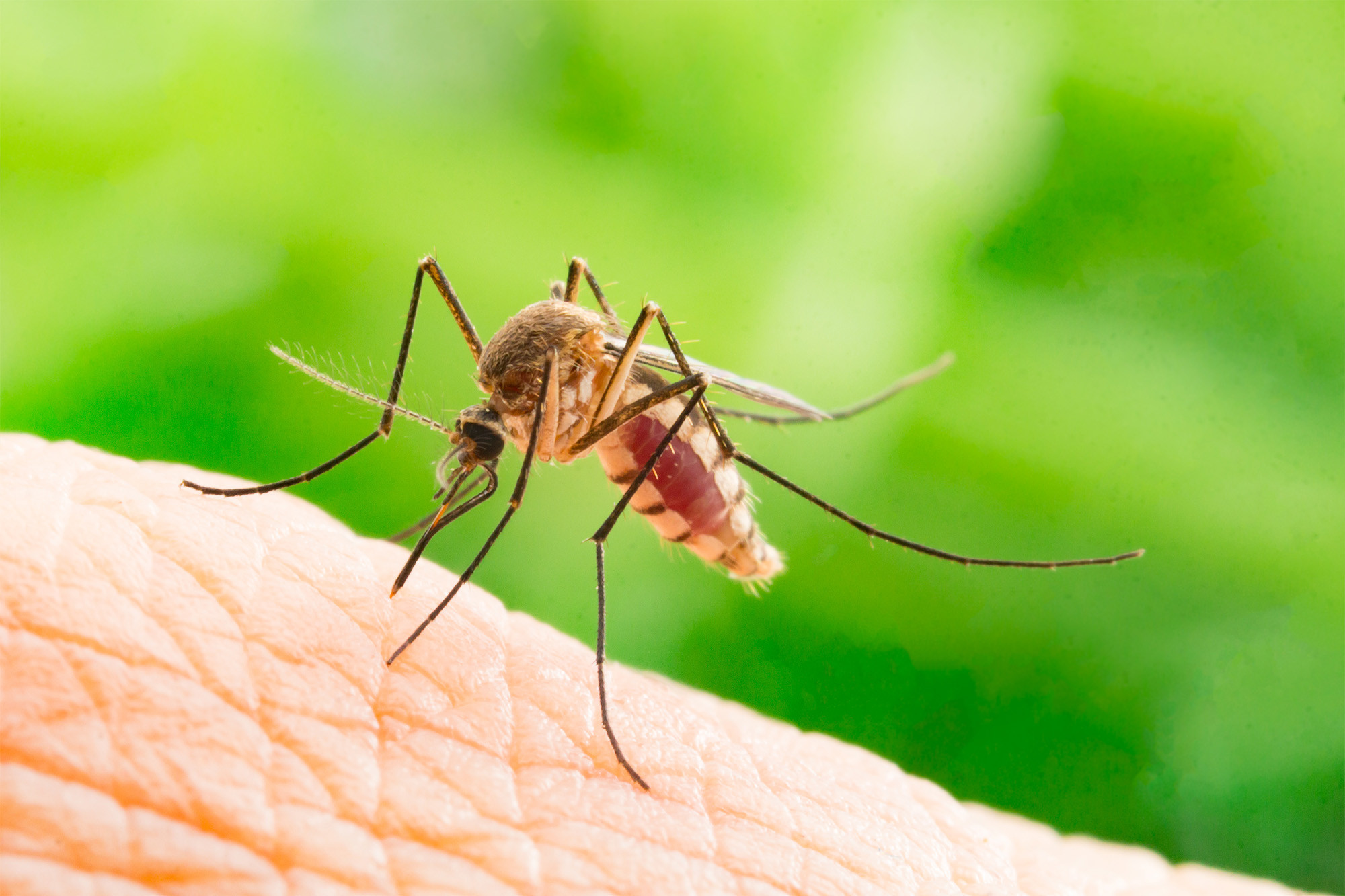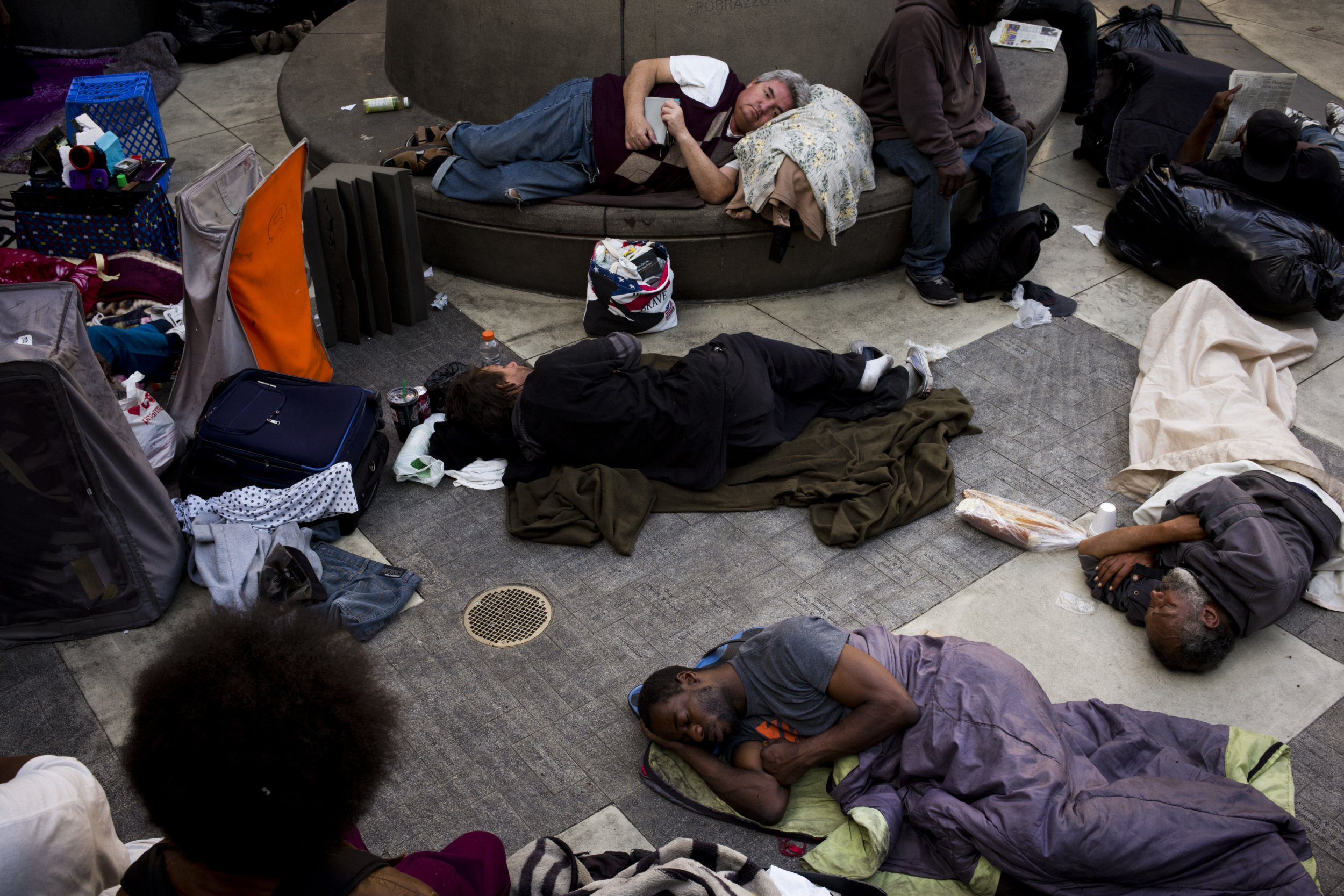A rare but potentially lethal mosquito-borne virus has prompted nearly a dozen towns in the US to close public parks at night and restrict outdoor activities, when mosquitoes are most active.
Ten communities in Massachusetts are now designated at high or critical risk for eastern equine encephalitis, or EEE, that spreads through the bite of an infected mosquito, officials say.
There are currently no vaccines or medicines available to treat the "very serious" disease, also known as "Triple E", according to the Centers for Disease Control and Prevention.
Communities were put on alert after mosquitoes in the area tested positive for EEE and the state reported its first human case of the virus since 2020.
Between 33% and 70% of people will die from the disease if infected, with most deaths occurring two to 10 days after symptoms begin, according to the Massachusetts Department of Public Health.
“EEE is a rare but serious disease and a public health concern,” Massachusetts public health commissioner Robbie Goldstein said in a statement. “We want to remind residents of the need to protect themselves from mosquito bites, especially in areas of the state where we are seeing EEE activity.”
In an effort to try to control the spread, officials are aerial spraying the pesticide Anvil 10+10, which is an EPA-registered product used to control mosquitoes in the US.
State health officials are also urging people to avoid outdoor activities in the evening - peak mosquito time - until the end of September.
This is not the first outbreak of the virus in Massachusetts - there were 17 reported human cases of EEE and seven deaths in 2019 and 2020.
The disease is rare and only 11 cases are reported in the US annually, according to the CDC.
EEE Transmission and Symptoms
EEE is transmitted through the bite of an infected mosquito. The virus primarily affects birds, but it can also infect horses, llamas, and humans, according to the CDC. While infected humans can't spread the disease to others, infected mosquitoes can transmit the virus to humans, horses, and llamas.
The disease can cause severe symptoms, including fever, headache, vomiting, diarrhoea, and seizures. If untreated, EEE can lead to encephalitis, which is an inflammation of the brain. Encephalitis is a serious condition that can cause permanent brain damage or death.
Prevention and Treatment
There is no vaccine or specific treatment for EEE, so prevention is key.
The CDC recommends the following steps to protect yourself from EEE:
-
Use insect repellent: When spending time outdoors, especially during peak mosquito activity, apply insect repellent containing DEET, picaridin, or oil of lemon eucalyptus.
-
Wear protective clothing: Wear long-sleeved shirts, long pants, and socks when outdoors.
-
Avoid outdoor activities during peak mosquito hours: Mosquitoes are most active at dusk and dawn, so try to avoid outdoor activities during these times.
-
Remove standing water: Mosquitoes breed in standing water, so eliminate any sources of standing water around your home, such as bird baths, flower pots, and clogged gutters.
EEE Risk in Other Areas
While Massachusetts is experiencing a recent surge in EEE cases, the virus has been reported in other parts of the United States and Canada.
The CDC reports that most EEE cases occur in the eastern and Gulf Coast states.
In Canada, cases of EEE are also rare, with most infections linked to birds migrating from the southern United States to northern Canada.
A Cause for Concern
Although EEE is a rare disease, its serious nature and lack of treatment make it a cause for concern. The recent outbreak in Massachusetts serves as a reminder to take precautions to protect yourself from mosquito bites and to stay informed about the risks in your area. Public health officials and authorities are closely monitoring the situation and working to prevent further spread of the virus.
Protecting Yourself From Mosquito-Borne Diseases
The Centers for Disease Control and Prevention recommends taking the following precautions to reduce your risk of mosquito-borne diseases:
-
Use mosquito repellent. When you are outdoors, use an EPA-registered insect repellent with DEET, picaridin, or oil of lemon eucalyptus. Follow the product’s instructions carefully.
-
Wear protective clothing. Cover as much skin as possible with long-sleeved shirts, long pants, and socks.
-
Avoid mosquito-prone areas. If possible, avoid areas where mosquitoes are prevalent, such as wooded areas, standing water, and dusk and dawn.
-
Remove standing water. Mosquitoes breed in standing water, so eliminate any sources of standing water around your home, such as bird baths, flower pots, and clogged gutters.
-
Maintain window and door screens. Ensure your window and door screens are in good condition and free of rips or holes.
-
Talk to your doctor about vaccines. Certain mosquito-borne diseases, such as yellow fever, can be prevented with vaccination. Talk to your doctor to see if you are at risk and need a vaccine.
Staying informed about mosquito-borne diseases and taking preventive measures can help reduce your risk of infection and keep you safe.


















